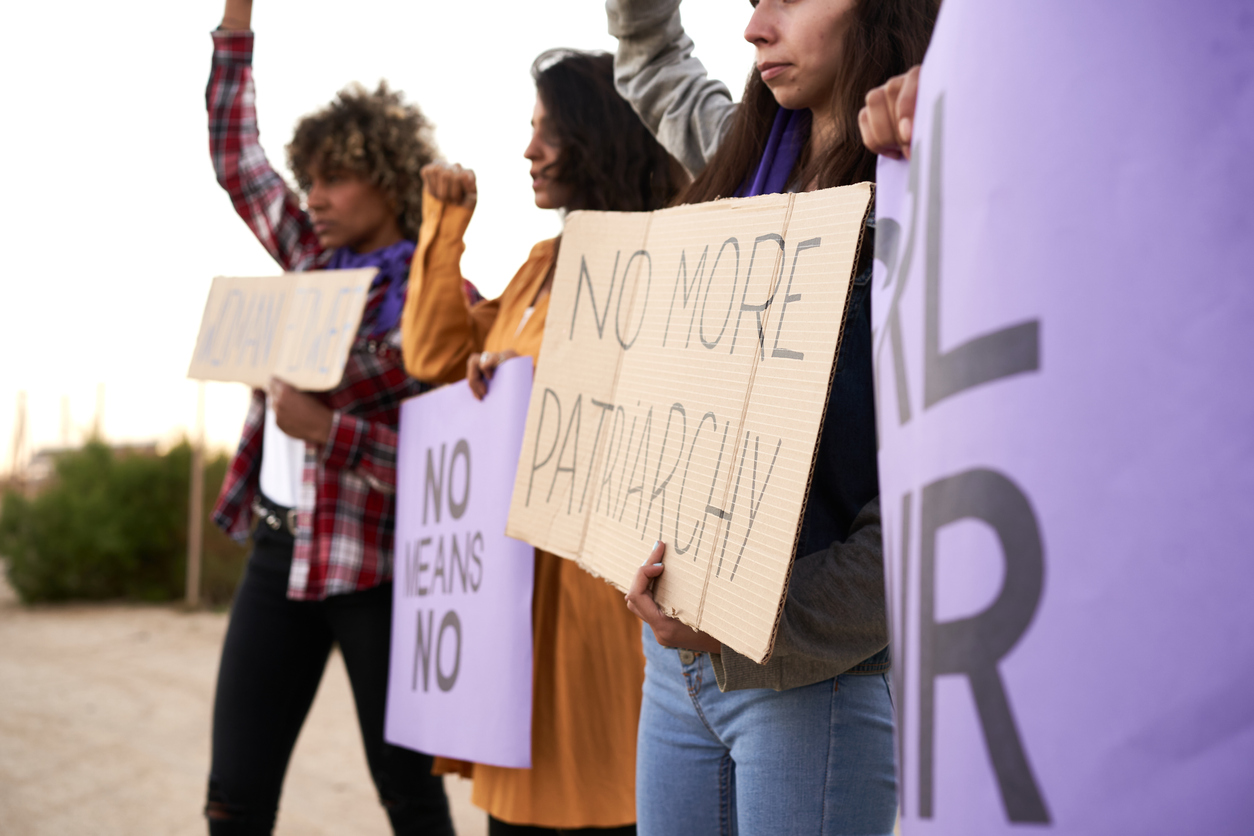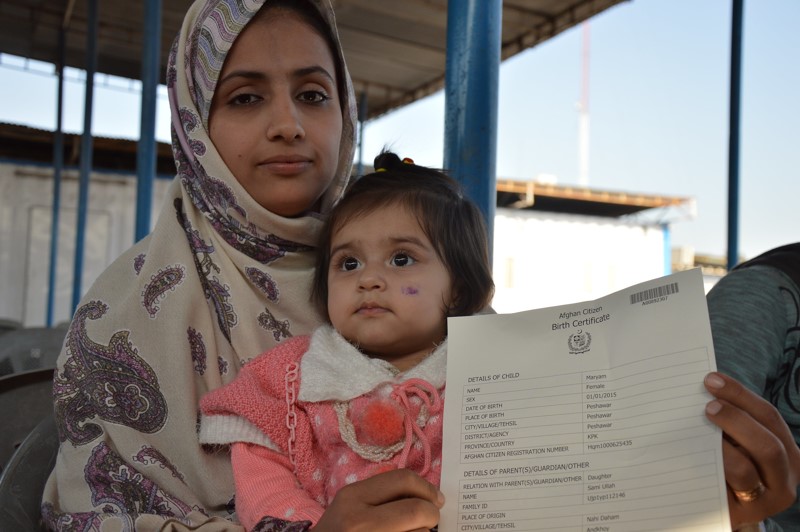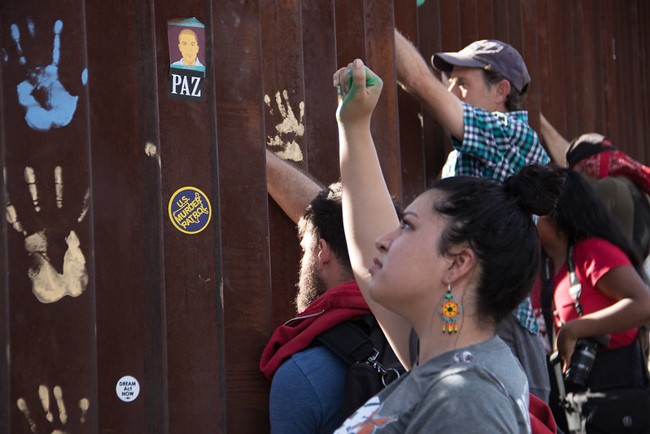To deepen and expand support for survivors, the Violence Against Women Act's (VAWA) most recent authorization provided more than $500 million in increased resources for survivors of violence, and, importantly, restored the ability of Indigenous courts to hold non-Indigenous individuals accountable for sexual assault. Last November, the Senate went a step further and voted to amend VAWA so that Indigenous Hawaiian survivors of gender-based violence also have access to programs and resources under the act, leaving them better equipped to keep themselves and their communities safe.
News
Primary tabs
Soon after the U.S. government’s hasty and chaotic withdrawal from Afghanistan last summer, the United States received over 80,000 Afghan evacuees, many of whom were at added risk due to their association with the U.S. government during the two-decade war. Ninety percent of these migrants entered the country on humanitarian parole (HP), which allows them to live and work in the U.S. for two years, but does not provide a path to permanent residency, leaving them in legal limbo. The Afghan Adjustment Act (AAA), would allow Afghans with humanitarian parole to apply for permanent legal status and would expand the categories of Afghans eligible for Special Immigrant Visas (SIVs).
We find ourselves in a precarious moment for the right to seek asylum in the United States. While advocates continue to push for more inclusive and welcoming state and local policies for immigrants, refugees, and asylum seekers, the fundamental right to seek safety in the U.S. continues to be at grave risk. Though last month’s U.S. Supreme Court decision cleared the way for the Biden administration to rescind the inhumane Migrant Protection Protocols (MPP), also known as “Remain in Mexico,” an array of cruel and ineffective asylum and immigration policies still stand, foremost among them Title 42.
As we recognize National Human Trafficking Awareness Day, many of the essential workers who put food on our tables, keep us healthy, and care for our loved ones continue to be at risk of exploitation. Many foreign-born essential workers, particularly those on temporary worker visas or those lacking work authorization, are victims of wage theft or survivors of human trafficking with few options for leaving those abusive circumstances. Perpetrators traffic individuals into agriculture, restaurant, factory, construction, domestic, and other work, industries in which enforcement of labor protections needs vast improvement.
One month after a 7.2-magnitude earthquake killed over 2,200 Haitians and left 650,000 more in need of humanitarian assistance, the Biden administration is undertaking a mass expulsion of Haitians seeking safety in the United States. Under the guise of stopping the spread of Covid-19 through the Trump-era Title 42 policy, migrants are being sent back to a country reeling from overlapping crises and decades of political upheaval and natural disasters. Returning to Haiti is not a viable option for them.
As Covid-19 vaccination rates increase and infections plummet, our society is reopening and a feeling of normalcy is returning for many of us. But those hit hardest by the pandemic, including immigrants and people of color, are returning to communities devastated by a disproportionately high death toll, rampant job loss, and the compounding traumas of the past four years, including hostile immigration policies, toxic rhetoric, surging hate crimes, and a massive racial reckoning. Not everyone has the privilege of returning to normal, and, even before the pandemic, “normal” was not working for everyone.
The mass shootings in Atlanta on March 16 that took the lives of eight individuals—six of whom were Asian women—drew national attention. These senseless murders and the surge in anti-Asian hate incidents during the Covid-19 pandemic are the latest attacks in a long history of discrimination, harassment, scapegoating, and violence against Asian immigrant communities—particularly women and the elderly—that dates back centuries and is rooted in white supremacy and misogyny. Yet, much of this history has been rendered invisible, along with the pain these communities have suffered and the remarkable resilience they have shown.


